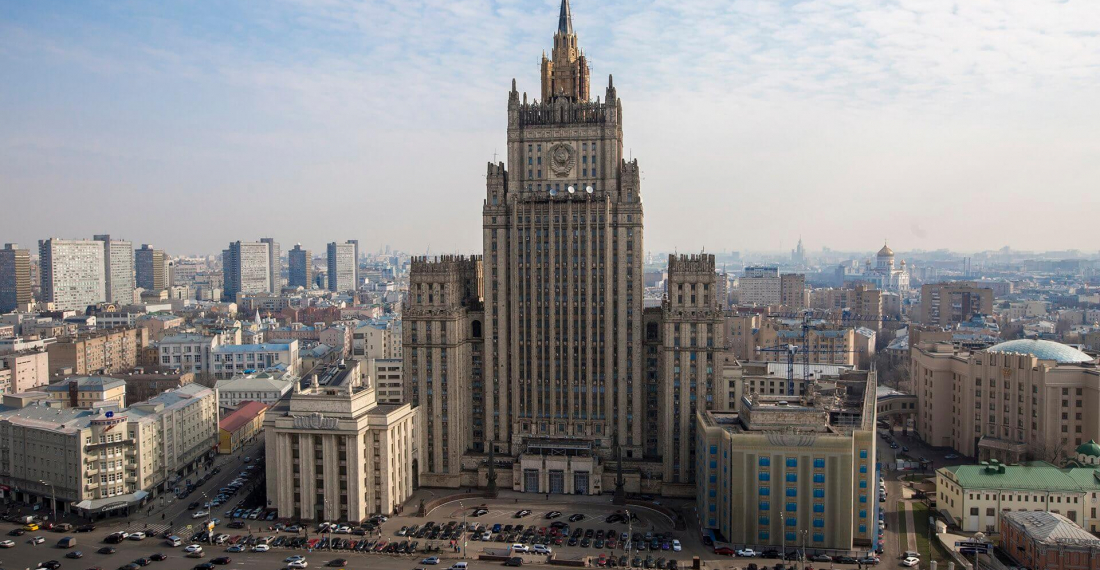Russia has today (5 February) announced that it will expel three European diplomats for their attendance at demonstrations demanding the release of jailed Russian opposition leader, Alexei Navalny. The Russian MFA has called the decision to attend the protests by the diplomats from Germany, Sweden and Poland, “unacceptable”, claiming that it does “not correspond to their diplomatic status”.
The decision has been taken during a visit to Moscow by the EU’s High Representative of Foreign Affairs and Security Policy, Josep Borrell. In a statement published this afternoon, Borrell strongly condemned the decision, rejecting allegations that the diplomats had “conducted activities incompatible with their status as foreign diplomats”.
Learned during the meeting that three European diplomats are going to be expelled from Russia. I strongly condemned this decision, rejected allegations that they conducted activities incompatible with their status as foreign diplomats. The decision should be reconsidered. (3) https://t.co/yql2eEFLRj
— Josep Borrell Fontelles (@JosepBorrellF) February 5, 2021
Whilst Borrell mentioned that he had been informed of the decision during the press conference held earlier today with Russian Foreign Minister Sergei Lavrov, it was not brought up at the time. Many are now criticising the visit, intended to identify “common interests”, with First Vice-President of Renew Europe, Malik Azmani MEP, referring to it as “not only a waste of time, but also harmful to the EU’s global standing”.
The move by Russia has been condemned by leaders across Europe, and the nations of the three diplomats.
Germany’s Chancellor Angela Merkel, who was informed of the move during talks with French leader Emmanuel Macron, has called it “unjustified” and “another facet of what is currently happening in Russia, which is far removed from the rule of law”. In addition, Heiko Mass, Germany’s foreign minister, stated that it “damages relations with Europe”:
“The German diplomat in question merely exercised his function pursuant to the Vienna Convention on Diplomatic Relations of observing developments in Russia by Lawful means. If the Russian Federation does not reconsider its decision, this will not remain unanswered.”
The Polish Ministry of Foreign Affairs has stated that it had informed the Russian Ambassador “that the Polish diplomat in question performed her duties resulting from the diplomatic status in accordance with the Vienna Convention”.
From Stolkholm, coming just days after her visit to Moscow in her capacity of the OSCE Chairperson-in-Office, the Swedish Foreign Minister Ann Linde called the decision “baseless” and “groundless”. She warned that Sweden reserved the right to respond accordingly to the “unfriendly act”.
Demonstrations have taken place across Russia over the last days in support of the opposition leader Alexei Navalny. Navalny was given a two-and-a-half-year prison sentence on Tuesday (2 February), accused of breaking the terms of his parole whilst recovering in Germany from an attempted poisoning, allegedly ordered by the Kremlin. The terms of parole relate to a fraud conviction against the Kremlin critic, which are widely considered to have been politically motivated.
Today’s decision comes alongside another court appearance by Navalny, who faces a second charge of defaming a war veteran. In the court room earlier today, Navalny stated:
“This trial was conceived as some kind of PR trial, because the Kremlin needs headlines: ‘Navalny slandered a veteran'”







